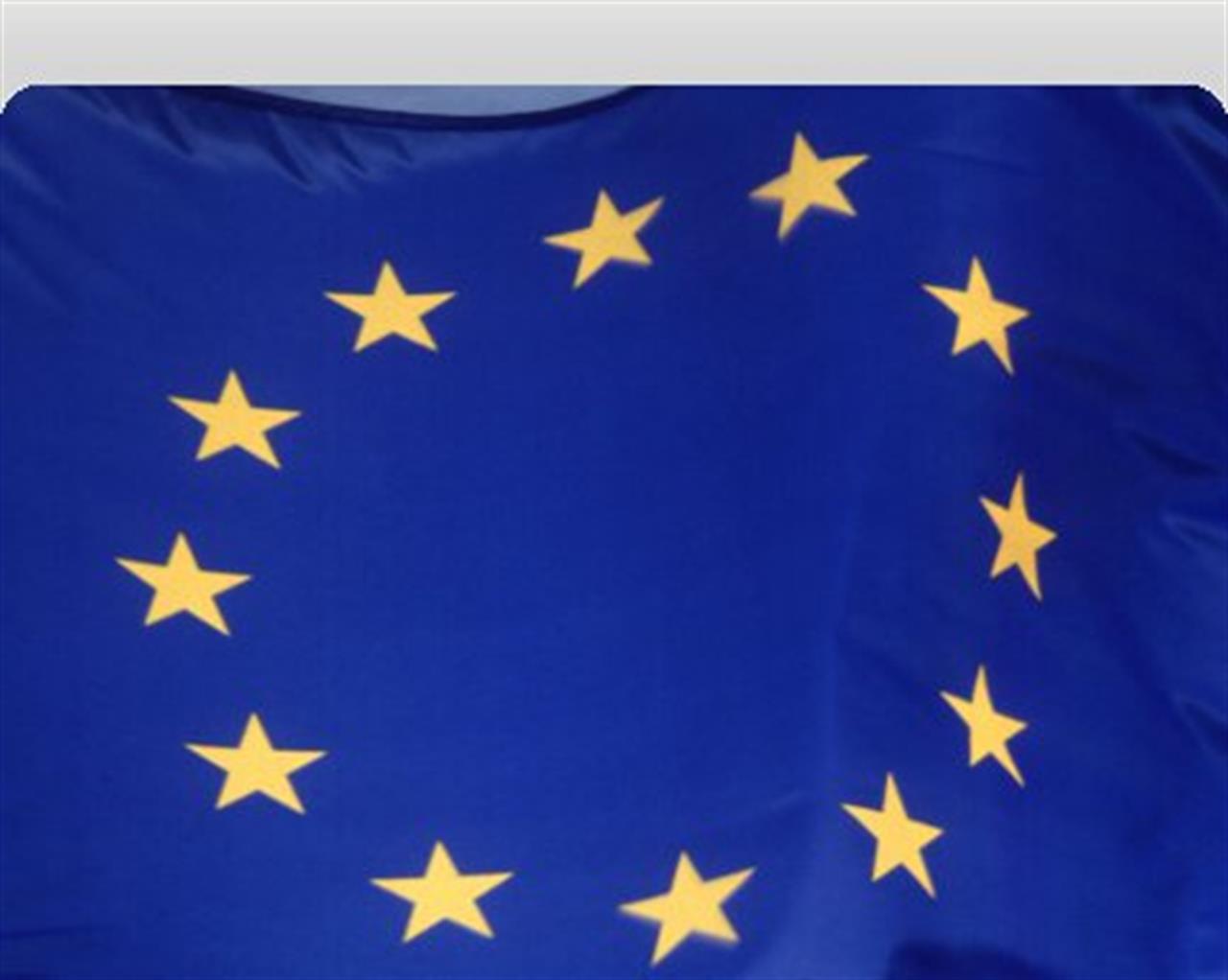Supporting volunteering
The commission calls for the members state to measure the contribution volunteers and NGOs give to their countries
di Staff

It is “just” a communication but it was long awaited. The Commission’s Communication on EU Policies and Volunteering, which was released earlier this week represents an important achievement for the European Year of Volunteering, since it is the first communication entirely dedicated to volunteering and outlines a range of measures that will help promoting and recognizing voluntary activities in the EU.
The commission has proposed to develop a “European Skills Passport”,which should increase the recognition of skills gained through volunteering activities. The “passport” will recognize the professional qualifications across borders and will give individuals the possibility of keeping a record of the skills and competences they acquire through volunteering.
The creation of a European Voluntary Humanitarian Aid Corps by 2012, was also among the communication proposals. “Preparations are already under way for a framework for assistance from European volunteers in the humanitarian aid operations of the European Union.” Said Commission Vice-President Viviane Reding, in charge of Justice, Fundamental Rights and Citizenship.
The most innovative proposal brought forward by the Commision is the measurement of the contribution volunteers and non- profit organizations give to their countries. The communications recommended the use of the International Labour Organisation’s (ILO) Manual on the Measurement of Volunteer Work and the United Nations Handbook on Non-Profit organizations.
“There are 100 million volunteers in the EU today, who are helping to make Europe and the world a better place. The European Year of Volunteering 2011 highlights their achievements, encourages others to join in, and helps volunteers and volunteering organisations do even better.” Said Reding. As a matter of fact voluntary activities directly contribute to the key objectives of EU policies such as social inclusion, employment, education, skills development and promotion of citizenship and represent between the 3 and the 5 percent of the GDP of countries such as Sweden, Austria and The Netherlands.
Nessuno ti regala niente, noi sì
Hai letto questo articolo liberamente, senza essere bloccato dopo le prime righe. Ti è piaciuto? L’hai trovato interessante e utile? Gli articoli online di VITA sono in larga parte accessibili gratuitamente. Ci teniamo sia così per sempre, perché l’informazione è un diritto di tutti. E possiamo farlo grazie al supporto di chi si abbona.
